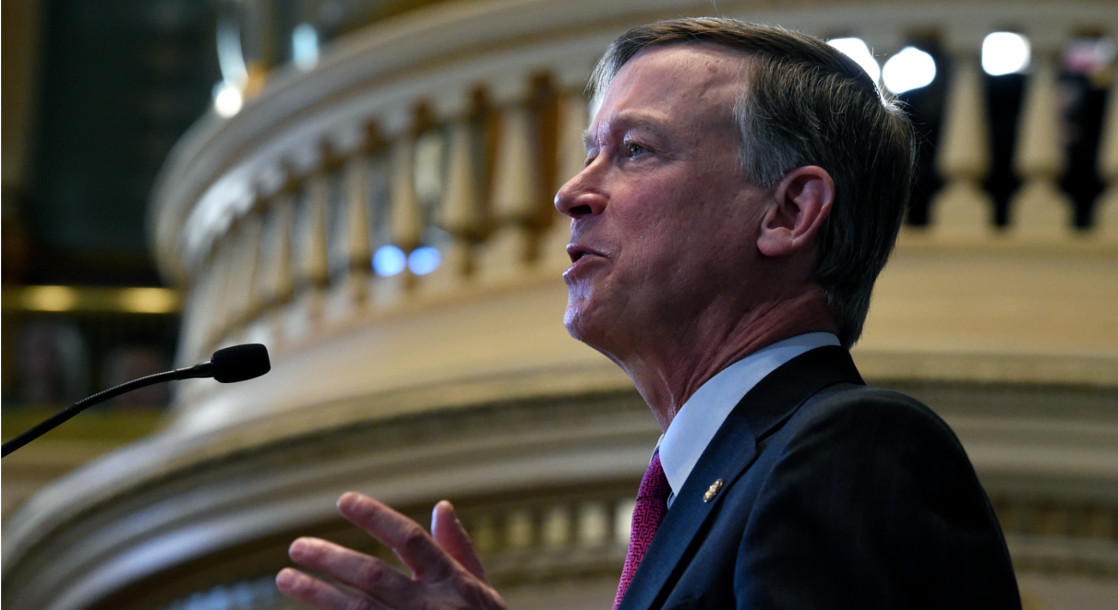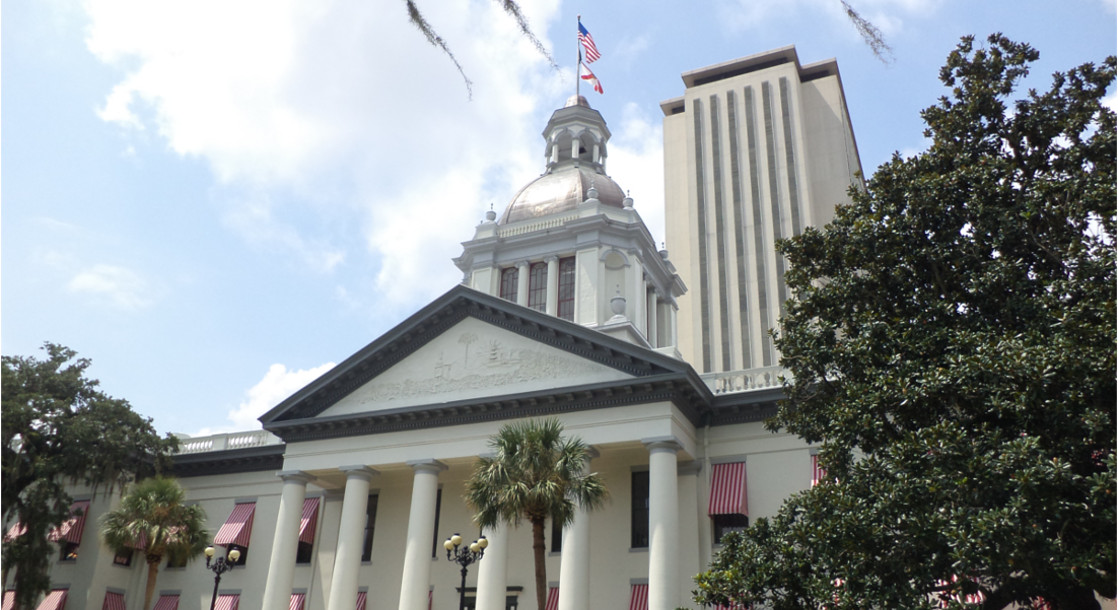Colorado Governor John Hickenlooper sat down with The Cannabist to discuss the successes and challenges of his state's groundbreaking legalization of marijuana. Hickenlooper originally opposed the legalization of marijuana in his state due to concerns over usage of the drug by minors, federal prosecution, and public health risks. But when Amendment 64 passed with a 55-45 vote, the governor found himself overseeing the process of legalization.
Overall, the governor found that his “worst nightmares” regarding legalization “haven't materialized,” and that the “experiment” of legalization “has gone better certainly than I anticipated and I think certainly better than many people anticipated. We haven’t seen a spike in teenage use. We haven’t seen a giant increase in people’s consumption of marijuana. Seems like the people who weren’t using marijuana before it was legal, still aren’t.”
Hickenlooper said that it was “hard to predict” what Attorney General Jeff Sessions might do to take action against Colorado's legalization efforts. “More than 60 percent of the population of this country live in a state that has either medical or recreational marijuana legal. That’s almost two-thirds of the people of this country living in a state that has some sort of legalized marijuana. To roll that back would be very difficult.”
“I don’t think there’s much question the old system was a disaster,” Hickenlooper continued. “We sent hundreds of thousands — millions — on a nationwide basis, millions of kids to jail for non-violent crimes. We inducted them into a high probability of a lifetime of crime, strictly by sending them to prison for something that was a non-violent crime.”
The governor also revealed how a discussion with an 18-year-old influenced his views on legalization. The teen told the governor that “none of us were scared of marijuana in the old days. Anyone who wanted to could get access to it. Your real opportunity here is if you tax it properly and get rid of the black market — and drug dealers don’t care who they sell marijuana to — and if you make it not worth a drug dealer’s risk to be selling marijuana, because it’s so inexpensive and so available already legally, then you’re going to reduce the number of drug dealers.”
When asked what his advice to other states considering legalization was, Hickenlooper answered that he thinks “they should still wait a year or two, maybe three years. Get more data and make sure there aren’t unintended consequences. I don’t think there needs to be any rush towards a sudden nationwide transformation. Let’s make sure we get it right first.”











